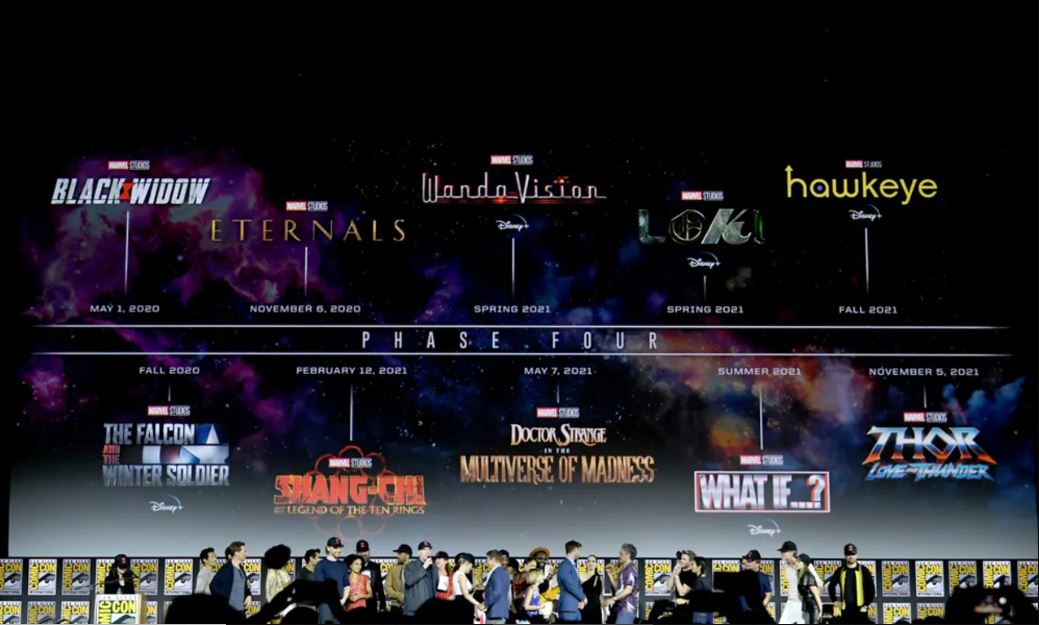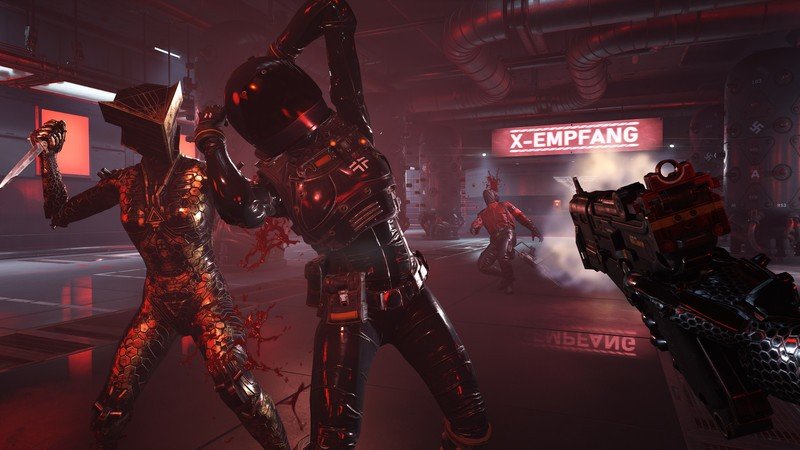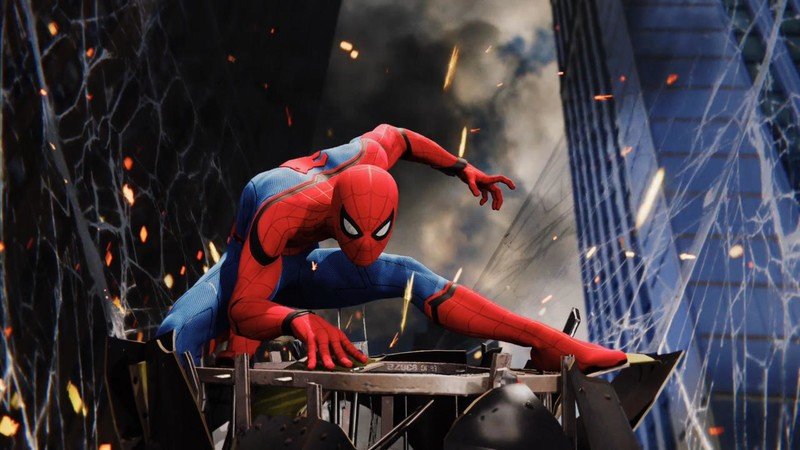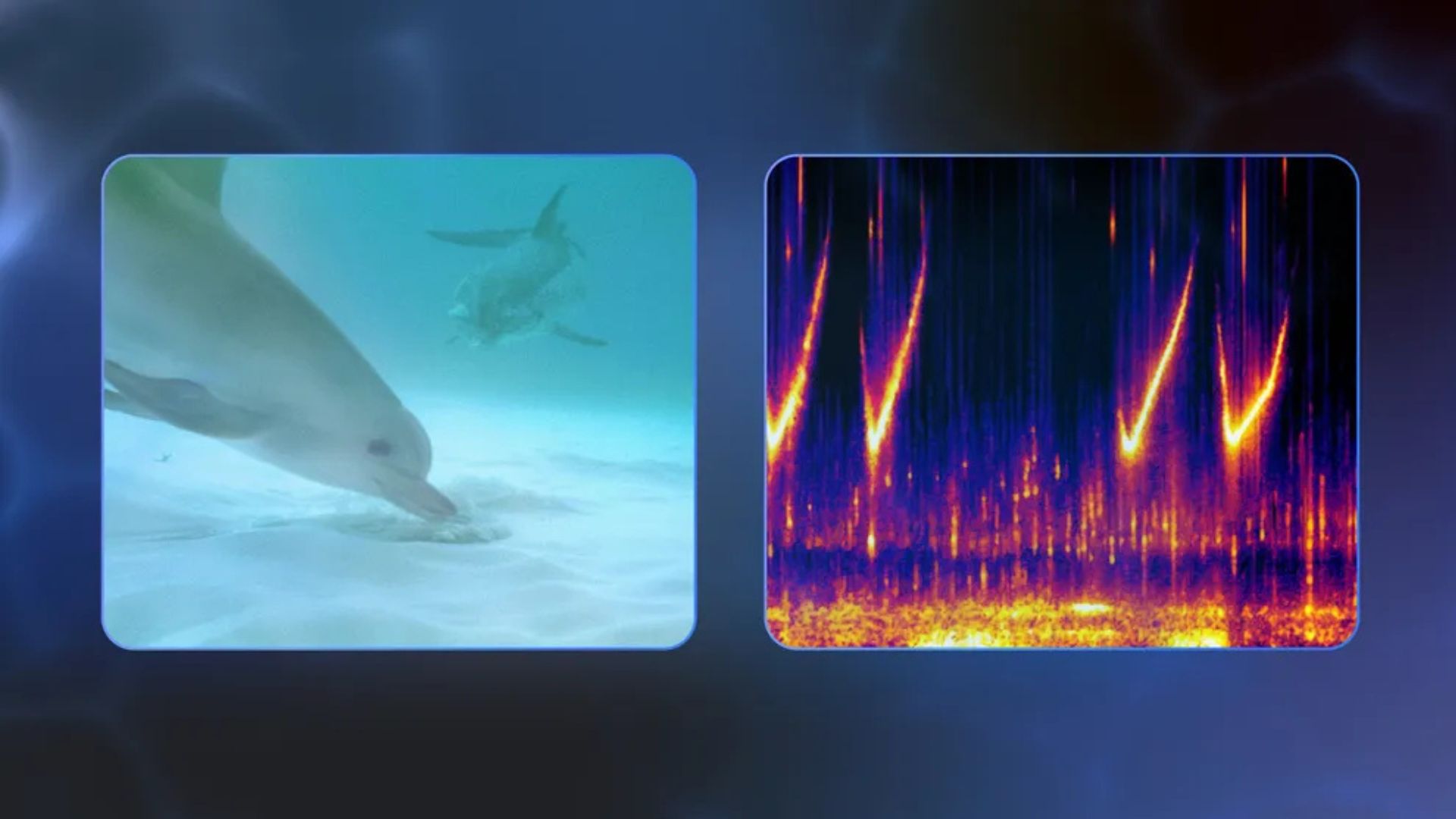Why game developers aren't more transparent about their projects

Why aren't developers more transparent about the projects they're working on in the coming years? Why won't they just officially announce the game we know is in development? Why can't we see more from a game that's already been announced?
I hear these questions all the time on social media, especially when Marvel releases yet another roadmap showcasing their movies for the next five or so years or Disney announces the millionth Star Wars spin-off that won't even be made for another decade. The answer is both nuanced and straightforward.
There are all sorts of reasons for developers to go radio silent about a project — even one that's been released and hasn't received a warm welcome like Anthem — whether they do so for marketing purposes or just want to put their heads down and focus on the work. I can't begin to imagine the logistics that go into making a decision like that, but I can tell that at least part of it boils down to the harassment that developers face on a daily basis.
Part of it boils down to the harassment that developers face.
Remember, this is the community who recently harassed a Wolfenstein: Youngblood developer into locking his Twitter account over something he had no control over within the game. It's the same community that regularly harasses developers across the board, acting like they know more about the intricacies and hurdles of game development when in fact they know next to nothing — even when the Game Developers Conference (GDC) hosts an entire event and YouTube channel dedicated to this very subject where you can watch developers talk about their experiences making games.
I won't lie, I don't know the ins and outs of game development either. But I admit that, and I listen to what developers have to say about it. I don't claim to know more.

Just look at what happens with the smallest, inconsequential of announcements. Indie developer behind Ooblets revealed that its game would be an Epic Games Store exclusive for a while, and the two-person team faced unimaginable, unrepentant harassment and threats for that decision.
Regardless of any reasons to dislike the Epic Games Store (of which it's not the time nor the place to discuss them), harassment like that was, is, and always will be completely unwarranted. Full stop.
Be an expert in 5 minutes
Get the latest news from Android Central, your trusted companion in the world of Android
Emily Grace Buck, a former Telltale developer and current Narrative Director on The Waylanders, is frequently outspoken about this issue on her Twitter.
People in the game industry would be able to show players the other side more often if we didn't face an almost guaranteed onslaught of threats & hatred the moment we pull back the curtain.
I've noticed this sentiment echoed a lot from game developers across the industry over the years. The second someone pulls back the curtain, they're met with hostility.

We've seen how people react to even the illusion of a downgrade like what happened with Spider-Man's "Puddlegate" saga on PlayStation 4. Entire YouTube videos are dedicated to perceived downgrades from when a game was first shown to when it released publicly on the market.
This is part of the problem with showing off games early. People take what they see in the most ideal, perfect environment as what the final product will look like. This is almost never the case. You're seeing a splice of the game that developers have worked overtime to ensure runs and looks immaculate. And that splice may not even make the final cut.
In an ideal world, we'd have developers willing to share more about projects that they're working on, and the industry would be better for it. But is the community mature enough for that yet? Absolutely not. I've said previously that there's no shortage of anger, disappointment, or apathy on the internet. I can most certainly add entitlement to that list.

Jennifer Locke has been playing video games nearly her entire life. You can find her posting pictures of her dog and obsessing over PlayStation and Xbox, Star Wars, and other geeky things.
